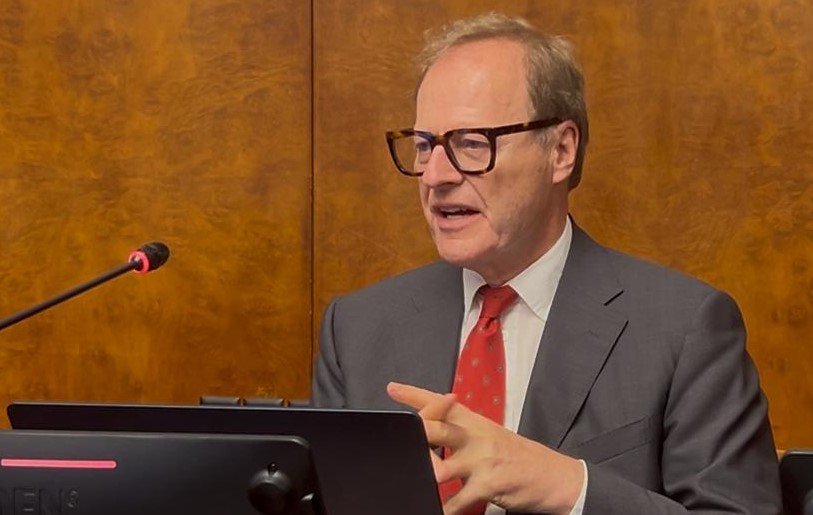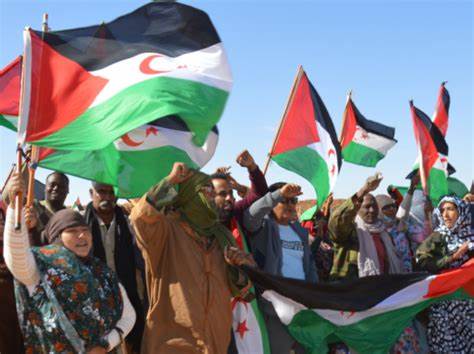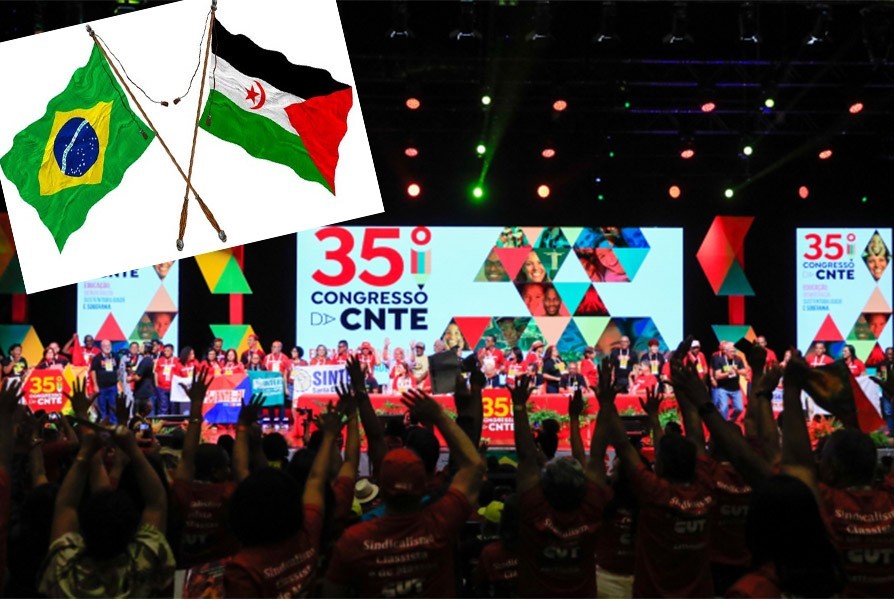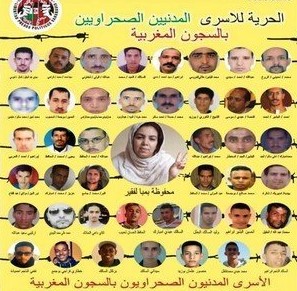
Geneva (Human Rights Council) 11 September 2025 (SPS)– Professor Mads Andenas, former Chair of the UN Working Group on Arbitrary Detention, delivered a powerful statement on the legal and human rights dimensions of the Western Sahara conflict, drawing attention to the plight of Sahrawi political prisoners and the centrality of the right to self-determination in the struggle of the Sahrawi people.
In his intervention during an international human rights panel organized Wednesday in Palais des Nations, in Geneva, under the title “No Defense Allowed: The Crime of Being Saharawi”, Professor Andenas outlined three interconnected dimensions of the legal struggle: fact-finding, the clarification of international law, and compliance and enforcement. He emphasized that these processes are inseparable from political dynamics, particularly at the United Nations, but also rely heavily on civil society and dedicated legal advocates.
He praised the work of lawyers such as Gilles and Manuel Devers, who have challenged the EU’s trade agreements with Morocco, and Tone Sørfonn Moe, who has brought individual cases of Sahrawi victims of torture and arbitrary detention before UN human rights bodies. Together, these efforts show that international law remains a steadfast anchor for the Sahrawi right to self-determination, even as states shift their political allegiances.
Tracing the legal foundations of the Sahrawi case, Andenas recalled the International Court of Justice’s 1975 Advisory Opinion on Western Sahara, which reaffirmed the UN Charter’s principle of self-determination for non-self-governing territories.
Yet, Andenas underlined, the lived reality in Western Sahara shows a stark gap between international law and enforcement. He cited emblematic cases such as those of human rights defender Hussein Amaadour, journalist Khatri Dadda, and the Gdeim Izik group, all subjected to politically motivated trials, torture, and long-term imprisonment.
Despite repeated findings by the UN Working Group on Arbitrary Detention that these detentions are unlawful, Moroccan authorities have refused to act. Andenas stressed that human rights and humanitarian law, particularly prohibitions against forced allegiance and population transfers, remain underused but essential tools for addressing these abuses.
Looking ahead, Andenas highlighted legal and political opportunities in Europe and Africa. He pointed to the 2024 ruling by the Court of Justice of the European Union, which blocked the inclusion of Western Sahara in EU-Morocco trade and fisheries agreements, and the African Court on Human and Peoples’ Rights’ reaffirmation of self-determination as an erga omnes obligation. Both, he argued, show how legal rulings can shape political processes and bolster the normative consensus in favor of Sahrawi rights.
Finally, he urged the promotion of a new ICJ advisory opinion on Western Sahara, even if politically challenging, as a vital step to reaffirm the role of international law in resolving the conflict. “The Sahrawi struggle rests on a solid international legal foundation,” Andenas concluded, “but what is missing is compliance and the political will to realize these rights.”
The panel was organized by Front Line Defenders, the International Service for Human Rights, and the Rafto Foundation, with the support of the Permanent Mission of South Africa. Participants included Professor Mads Andenas, former chair of the UN Working Group on Arbitrary Detention, and Sahrawi human rights defenders Ibrahim Moussayih, Hassana Abba, and Mahfoud Bechri.
The session was moderated by Tone Sørfonn Moe, with opening remarks by Priyal Sepaha. It concluded with remarks by Tsholofelo Tsheole, Deputy Permanent Representative of South Africa to the UN in Geneva, and Sahrawi human rights defender El Ghalia Djimi. (SPS)
090/500/60 (SPS)



